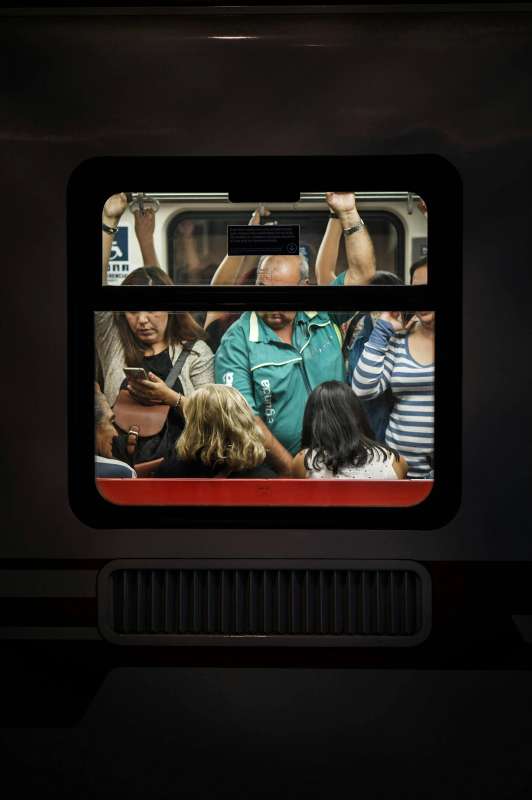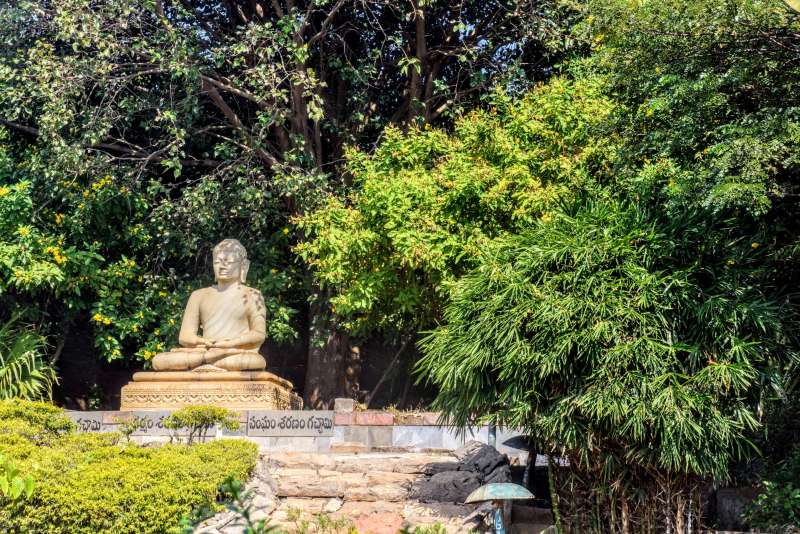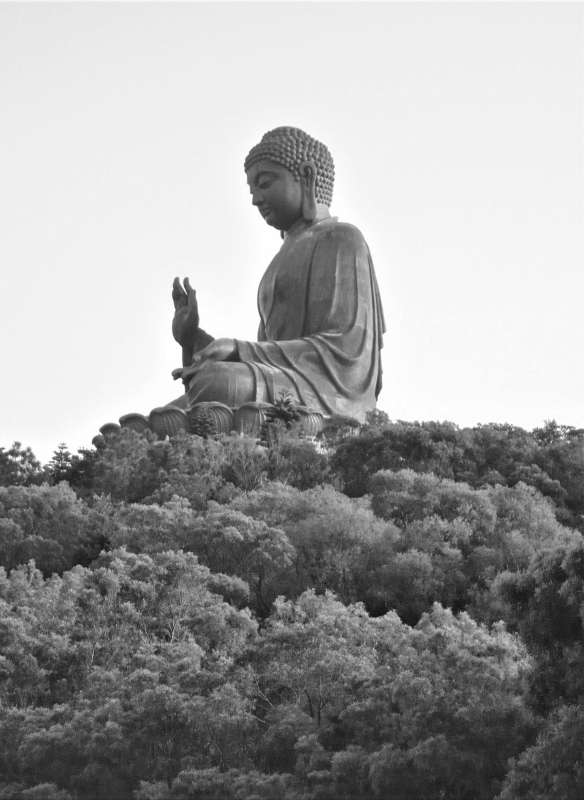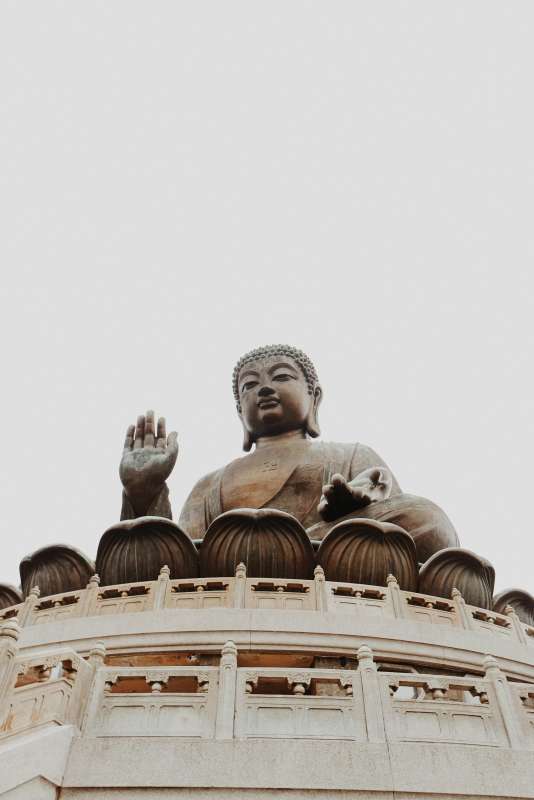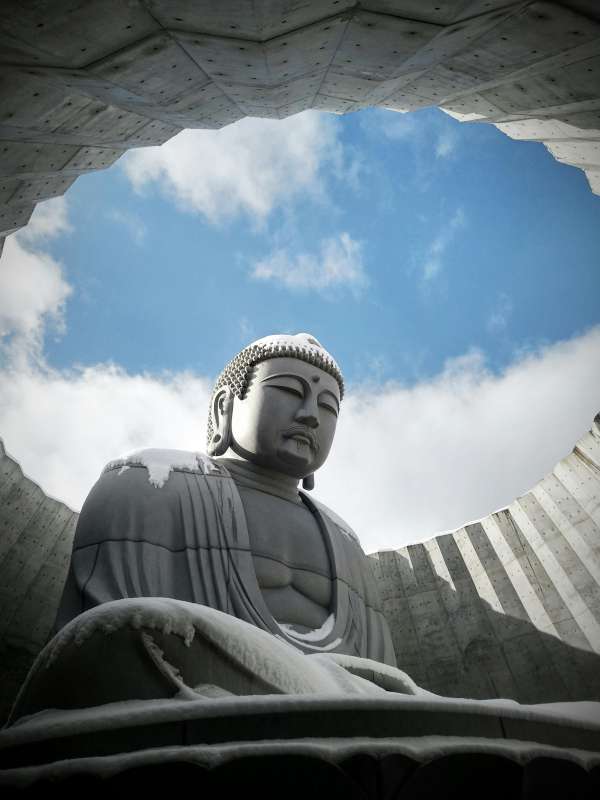Intelligent Chaos or Elegant Structure: How Do You Live Your Days?
Published on: May 6, 2025
Intelligent Chaos: The Art of Constant Improvisation
Let’s not pretend: the modern world worships the myth of the multitasker. We wear our busyness like a badge of honor, darting from task to task, juggling priorities with the flair of a circus performer. This, some call ‘intelligent chaos’—a lifestyle of perpetual improvisation, where every day is a new puzzle, and every hour brings another unexpected challenge. You know the type: calendars packed to the brim, to-do lists scribbled on napkins, and a mind that never truly clocks out.
The appeal of this approach is obvious. It feels dynamic, even thrilling. After all, who doesn’t enjoy the rush of solving problems on the fly or the dopamine hit when you cross off yet another urgent task? But beneath the surface, this lifestyle is less about intelligence and more about survival. Neuroscience tells us that the human brain is remarkably adaptable, but it is not built for constant firefighting. Chronic improvisation floods the body with stress hormones like cortisol and adrenaline, which, over time, chip away at creativity, memory, and even immune function. The so-called ‘productive chaos’ is often a fast track to burnout, not brilliance.
Business case studies abound with cautionary tales. Consider the tech startup that prized “hustle culture” above all else, only to watch its brightest minds flame out within months. Or the executive who prided herself on being available 24/7, only to discover that her decision-making skills and emotional resilience had quietly eroded. The lesson? There is a difference between being busy and being effective. The constant juggling act may win applause in the short term, but over time, it exacts a toll that no amount of caffeine or bravado can offset.
The Allure of Elegant Structure
Now, let’s pivot to the other end of the spectrum: elegant structure. This is not about rigid schedules or joyless routines. Instead, it’s about designing your days with intention, creating a rhythm that aligns with your goals, values, and natural energy cycles. Elegant structure is the secret weapon of high performers in every field—think of the writer who blocks out two hours each morning for deep work, or the CEO who schedules walking meetings to spark creativity and reduce stress.
Neuroscientific research supports this approach. The human brain craves patterns; routines help conserve cognitive energy by automating basic decisions. When you know what to expect from your day, your mind is free to focus on higher-level thinking, innovation, and connection. Studies from Harvard and Stanford have shown that people with regular routines experience less anxiety, better sleep, and higher overall productivity compared to their perpetually improvising peers.
Let’s not confuse structure with monotony. Elegant routines are adaptive, not inflexible. They provide a framework for creativity rather than a prison. Consider the case of a renowned chef who preps ingredients and organizes her kitchen meticulously—allowing her the freedom to improvise new dishes when inspiration strikes. Or the entrepreneur who sets aside ‘white space’ in his calendar, protecting time for reflection and spontaneous collaboration. Structure, when done right, is not the enemy of innovation; it is its greatest ally.
Emotional and Strategic Benefits of Routine
Why do so many people resist structure, even when the evidence is clear? Part of the answer is emotional. Chaos feels exciting, while routine can seem dull or restrictive. But this is a trick of perception. In reality, structure provides the psychological safety net that allows for true risk-taking and creativity. When your basic needs—sleep, nutrition, exercise, social connection—are met through consistent habits, your mind is liberated to pursue bigger dreams.
Strategically, routines are a powerful tool for aligning daily actions with long-term objectives. The world’s most successful leaders, from athletes to artists to CEOs, rely on carefully crafted routines to keep them focused and resilient. For example, Barack Obama famously limited his wardrobe choices as president to reduce decision fatigue, freeing up mental energy for more important matters. Likewise, the celebrated author Maya Angelou wrote in the same hotel room every day, creating an environment that signaled her brain it was time to work.
Embracing routine also makes it easier to measure progress and adjust course. When your days are structured, you can pinpoint what’s working and what isn’t, making continuous improvement a natural part of your life. In contrast, those living in constant chaos struggle to identify patterns, making it difficult to learn from experience or build on past successes.
From Busy to Effective: The Power of Conscious Rhythm
Let’s be brutally honest: busyness is a trap. It seduces us with a false sense of accomplishment, masking the reality that most of our energy is spent reacting rather than creating. The antidote is conscious rhythm—a deliberate, realistic approach to planning your days around your highest priorities and natural inclinations.
Start by identifying your peak energy periods. Are you sharpest in the morning, or do you hit your stride in the afternoon? Design your schedule to capitalize on these windows, tackling your most important tasks when you’re at your best. Build in recovery time—breaks, meals, movement—to prevent the slow drain of fatigue. And don’t be afraid to say no to obligations that don’t serve your goals. The world will not end if you decline a meeting or delegate a task. In fact, you’ll likely find that your effectiveness skyrockets as you focus on what truly matters.
Realistic planning is about more than just time management. It’s about energy management, attention management, and, ultimately, self-management. Tools like xTimeTo (https://xtimeto.com/, target="_blank") can help you visualize your commitments and carve out space for what matters most. But no app can replace the inner discipline required to prioritize your own well-being and aspirations.
Business leaders who have mastered this art consistently outperform their chaotic counterparts. They know that effectiveness is not a byproduct of endless hustle, but the result of conscious choices, clear boundaries, and a willingness to let go of the trivial in favor of the transformative.
Making the Shift: Practical Steps Toward Elegant Structure
- Audit your current routine. Take a week to observe how you actually spend your time. Where does chaos creep in? Which activities energize you, and which drain you?
- Identify your non-negotiables. These are the habits or rituals that anchor your day—exercise, reading, family time, creative work. Protect them fiercely.
- Batch similar tasks. Grouping related activities minimizes context switching and preserves mental bandwidth. Try scheduling all your emails or meetings within a specific window, freeing up the rest of your day for deeper work.
- Embrace flexibility within structure. Allow space for spontaneity, but within a framework that keeps you grounded. If inspiration strikes, you’ll have the energy and clarity to pursue it without derailing your entire day.
- Review and refine. At the end of each week, reflect on what worked and what didn’t. Adjust your routines as needed, treating your schedule as a living document rather than a static rulebook.
Ultimately, the choice between intelligent chaos and elegant structure is not a binary one. Both have their moments of glory, but the evidence is clear: those who design their days with intention, rhythm, and realistic planning consistently achieve more—without sacrificing their health, relationships, or sense of purpose. The question is not whether you have time, but whether you have the will to use it wisely.
